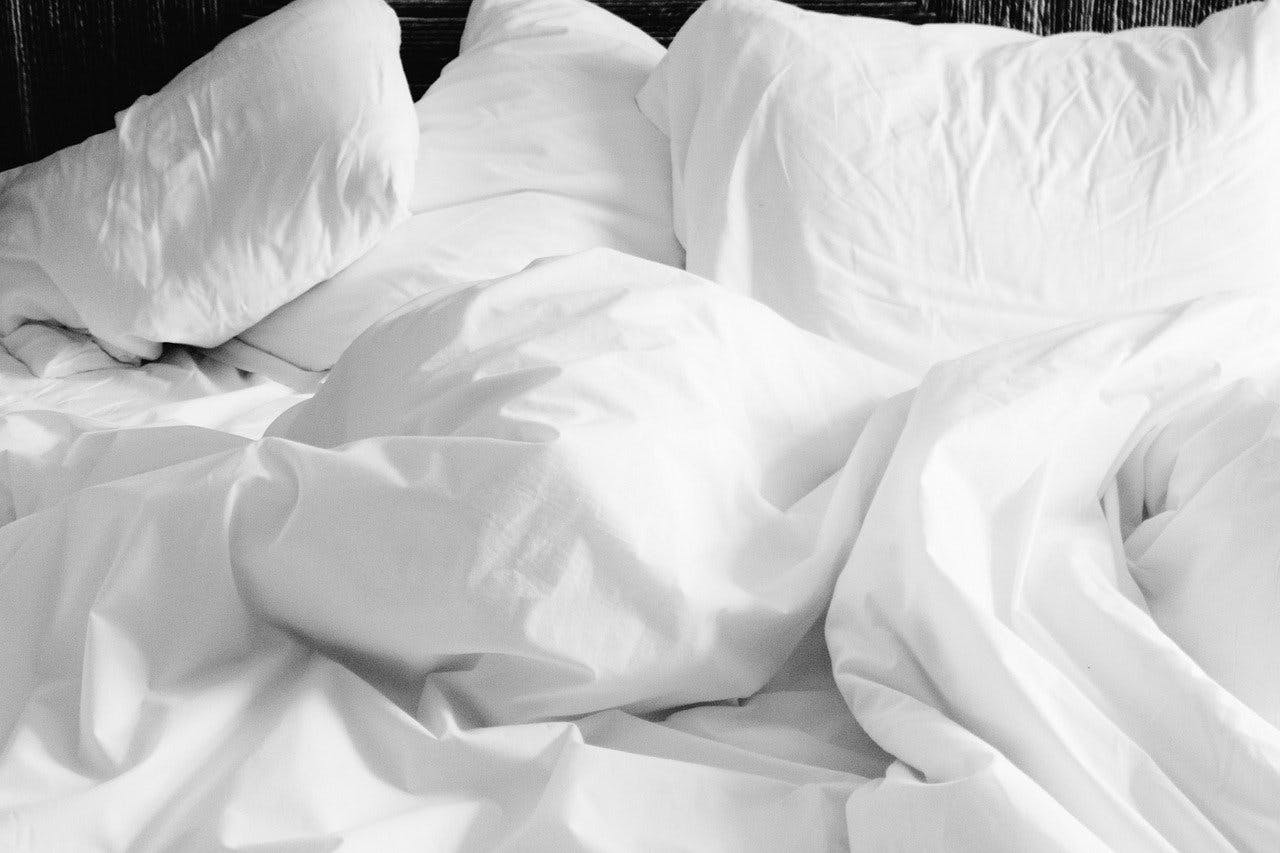

Night sweats are one of the most commonly reported menopausal symptoms. Night sweats can disrupt your sleep, affecting your physical and mental health — so it's important to understand what you can do about them.
What are night sweats?
Night sweats refer to excessive sweating at night — think waking up dripping in sweat, with wet sheets, even though the room is a normal temperature. If this happens during the day, it’s called a hot flash.
Learn how to reduce your symptoms with tailored GP advice using our menopause insights blood test.
Why do night sweats happen?
Night sweats are one of the most commonly reported symptoms of menopause. But they can also happen to anyone of any age.
The most common reasons for night sweats are:
- perimenopause and menopause
- drinking excessive amounts of alcohol or drug use
- anxiety
- some medicines — for example, antidepressants, hormone treatments, and diabetes medication
- low blood sugar (hypoglycaemia)
- hyperhidrosis — a condition that causes persistent and excessive sweating
Sometimes they can happen for no apparent reason.

Why do night sweats happen as menopause approaches?
Hot flashes and night sweats occur before, during, and after menopause — due to changes in the levels of hormone levels, like oestrogen and progesterone, circulating in your blood. This is thought to affect your hypothalamus, the part of your brain that regulates your body temperature.
How to manage night sweats
Night sweats can be quite uncomfortable and disrupt your sleep but there are a number of things you can do to try to prevent them.
Night sweats can be triggered by a number of things, so if you're struggling it might be worth cutting down on these. These include:
- excess alcohol
- spicy food
- excess caffeine
- smoking
Some other things you can try include:
- having a fan beside the bed
- keeping your bedroom cool
- taking a cool shower before bed
- running cold water over your wrists — there are a lot of blood vessels here so this can cool you down quickly
- maintaining a healthy weight — being overweight or obese increases your risk of hot flashes and night sweats
- exercising regularly
- relaxing and reducing your stress levels
Chen, M. N., Lin, C. C., & Liu, C. F. (2015). Efficacy of phytoestrogens for menopausal symptoms: a meta-analysis and systematic review. Climacteric, 18(2), 260-269.
Makara-Studzińśka, M. T., Kryś-Noszczyk, K. M., & Jakiel, G. (2014). Epidemiology of the symptoms of menopause–an intercontinental review. Przeglad menopauzalny= Menopause review, 13(3), 203.
National Health Services (2017). Conditions: Night sweats. Retrieved 26 November 2018 from https://www.nhs.uk/conditions/night-sweats/.
National Health Services (2018). Treatment: Menopause. Retrieved 26 November 2018 from https://www.nhs.uk/conditions/menopause/.
